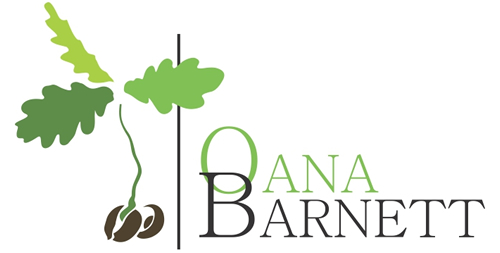
Services Offered
Individual Cognitive Behavioural Therapy
Cognitive Behavioural Therapy (CBT) is a clinically proven treatment for overcoming a wide range of psychological, emotional and behavioural problems, such as Depression, Panic disorder, Generalized Anxiety Disorder, Obsessive Compulsive Disorder (OCD), Post-Traumatic Stress Disorder (PTSD), social anxiety or Specific Phobias (such as fear of needles, enclosed spaces or heights). As a psychological therapy, CBT has been subject to rigorous applied research and major research reviews over decades and is approved by the National Institute of Clinical Health Excellence (NICE).
We will typically meet once a week for a sixty minute face-to-face session. On occasions, I am happy to include parents, spouses or close friends into our therapy sessions.
Telephone or Zoom Therapy
We can also agree to have sessions over the phone or using Zoom, particularly if you live abroad or have a busy schedule. These sessions can also complement to face-to-face sessions.


More about CBT
CBT works by using evidence-based psychological interventions to help you understand the links between your negative thoughts, unhelpful behaviours and distressing emotions or unpleasant bodily sensations and how they interact in such a way that it causes you unhappiness. CBT can help you tap into your strengths and break the cycles that maintain your distress, interfere with your daily functioning and limit your potential.
One of the main tenets of CBT is that we cannot always control what happens in life, but we can significantly influence the way we view and react to adverse events. Clients and therapists work together to identify and understand problems in terms of the relationship between thoughts, feelings and behaviours.
Once they reach a shared understanding of the problem, they are able to work on breaking the vicious circle that keeps the problem going. This will eventually lead not only to relief from symptoms, but also to the client’s acquiring life-long skills and coping strategies and developing more helpful patterns of thinking and responding in order to prevent future relapse.
Goals are agreed at the beginning of the process and sessions are structured to assess the problem, learn new techniques and plan their application outside the therapy room. CBT is generally short-term, typically lasting between six and twenty sessions. This is however relative to the severity of the problem or to whether there are other underlying conditions, in which case longer term work might be required.
CBT usually focuses on problems and difficulties in the “here and now” and relies on the therapist and client developing a shared view of the individual’s problem. However, past events are not excluded if they are relevant and they inform our understanding of how the current problem developed and is maintained.
The client’s rate of recovery depends on their commitment to making changes in their life outside the therapy room. Research strongly suggests that the people who respond most successfully to CBT are those who make use of the between-sessions assignments (or “homework”). This might involve keeping a log of specific thoughts/behaviours, listening to a mindfulness audio clip, reading a CBT related worksheet or carrying out an experiment.
For more detailed information about CBT, please follow this link to the BABCP information leaflet.
Working Hours:
Monday: 9-6.00 pm | Thursday: 9-6.00 pm
Address: TN2 Royal Tunbridge Wells,
United Kingdom
Email: info@oanabarnett.co.uk
Phone: 0783 310 3251
